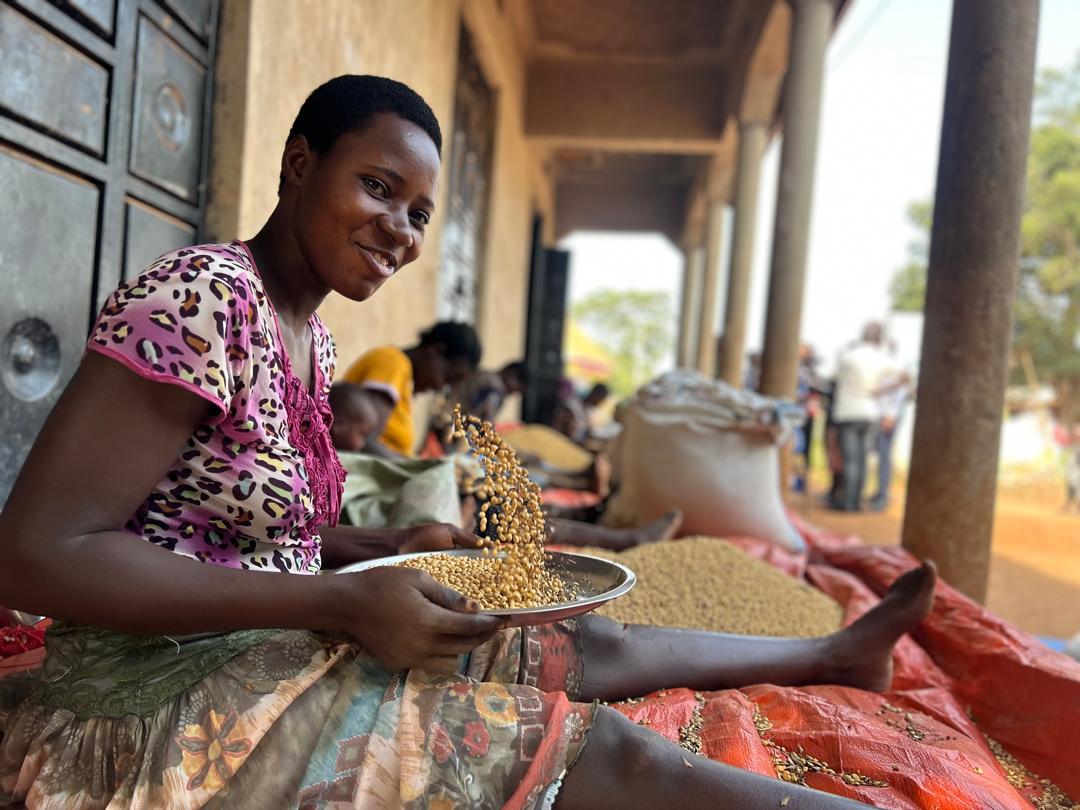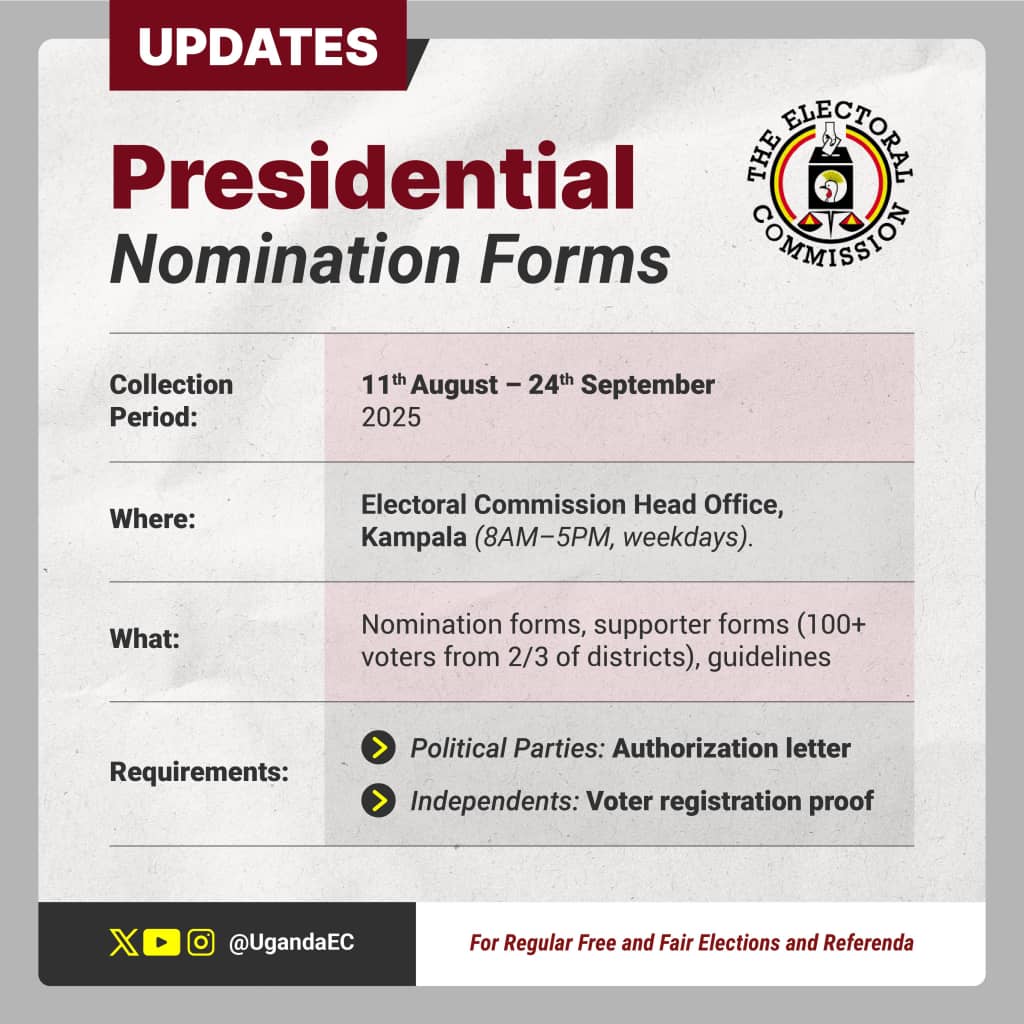In a landmark moment for Uganda’s political opposition, the Forum for Democratic Change (FDC) has resolved its internal contest for the 2026 presidential flag bearer through consensus rather than confrontation.
Following a closed-door meeting with the party’s Council of Elders on July 29, 2025, FDC president Patrick Oboi Amuriat agreed to step down in favor of his longtime colleague and rival, the party’s Secretary General, James Nathan Nandala Mafabi.

The announcement was made official today, July 30, 2025, during a press briefing at the party headquarters in Najjanankumbi.
Speaking at the event, Amuriat emphasized that his decision was driven by the need for party unity ahead of the 2026 general elections.
“I have taken this decision not out of fear of competition, but out of a deep commitment to keeping our party together as we face the challenges of 2026,” he stated.
Amuriat noted that stepping down would help the party avoid the financial and logistical burden of a full delegates’ conference.

“The funds saved will now go directly toward financing our campaign, ensuring that we channel our resources where they are needed most,” he added.
He also expressed gratitude to Mafabi for supporting his own candidacy in the 2021 elections, calling it a gesture of political brotherhood and mutual respect.
In response, Mafabi thanked the Council of Elders for guiding the process and paid tribute to Amuriat for prioritizing party unity over personal ambition.
“If this had come down to speeches, I know you would have beaten me,” Mafabi said. “I’m humbled and grateful for this opportunity.”
Amuriat formally handed over his letter of withdrawal to the party’s Electoral Commission chairperson, Boniface Toterebuka Bamwenda, who then declared Mafabi the official FDC presidential flag bearer for 2026.
Following the announcement, FDC party chairman Jack Sabiiti canceled the delegates’ conference that had been scheduled for July 31, citing the successful consensus.
“This agreement has saved the party a substantial amount of money and helped avoid the divisions that have weakened opposition parties in the past,” Sabiiti remarked.

The consensus marks the culmination of months of internal consultations and behind-the-scenes negotiations between the party’s two top leaders. The elders’ involvement was part of a broader strategy to preserve unity and prevent the kind of factionalism that has fractured opposition politics in Uganda before.
“We’ve walked this journey together,” Mafabi said during an earlier interview. “We’ve fought, campaigned, and even shared a bed. This is not about rivalry, it’s about vision.”
Both candidates had committed to accepting the outcome of the elders’ decision, recognizing the damage past leadership disputes had inflicted on the party.
“We’ve seen the cost of disunity,” Amuriat warned. “This time, we’re choosing a different path, one rooted in dialogue, respect, and a shared mission.”
The Council of Elders’ decision followed a series of consultations with grassroots leaders, religious figures, and local delegates. Their message was clear: resolve the contest amicably, or risk losing the trust of supporters.
With the consensus reached, the FDC now turns its focus to the 2026 general elections, hoping this show of internal unity will position it as a serious contender and reinvigorate its role as a leading force in Uganda’s opposition.


















